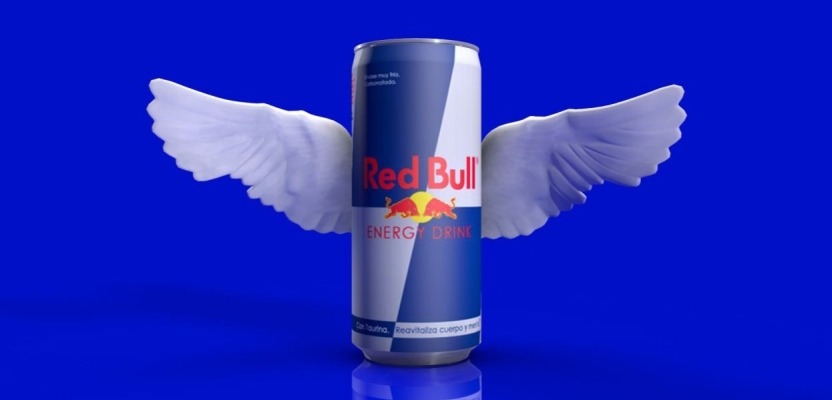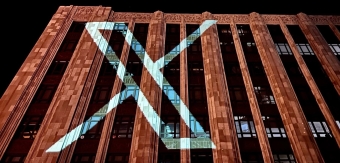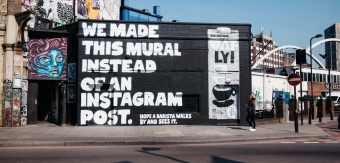Call it what you will – fake news, dishonest reporting, biased coverage; whichever way you spin it, we’re talking about misinformation, and it’s become genuinely endemic in recent years, particularly after the rise of a certain orange goblin. It’s not just impacting our news media either. Indeed, the rise of misinformation is having a significant impact on the advertising industry.
Misinformation masquerading as legitimate content can inadvertently involve brands in spreading falsehoods, leading to serious reputational damage. One major issue is the association of brands with misleading content. When ads appear next to fake news or deceptive information, consumers often transfer the mistrust they feel towards the content onto the brands themselves.
Research has shown that 73% of consumers view brands less favourably if they are associated with misinformation, and 65% are less likely to purchase from these brands. This is particularly worrying, given that, more often than not, the brands themselves are not directly responsible.
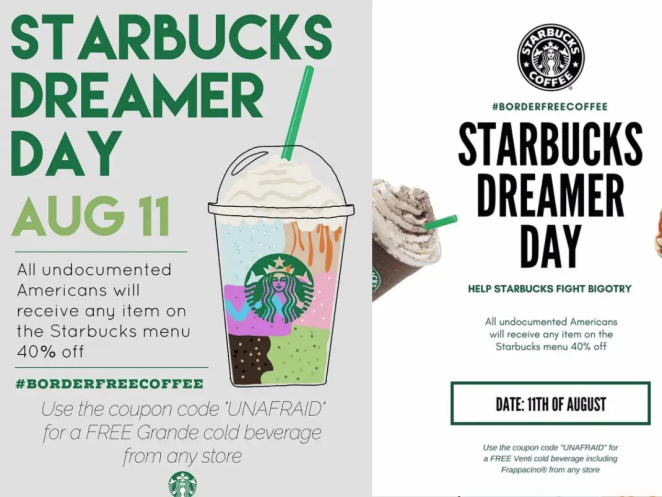
Back in 2017, for example, a fake promotion falsely claimed that Starbucks was offering discounts to undocumented immigrants and this misinformation spread widely and fast, causing genuine confusion and potential harm to the brand's reputation. There was also the viral hoax about a bacon shortage supported by the Ohio Pork Council a few years ago, which admittedly generated temporary boosts in sales but ultimately damaged consumer trust in the long run when the truth eventually came to light.
The automated nature of digital advertising further exacerbates the problem. Many brands, through automated ad placements, unwittingly fund websites that propagate misinformation. This not only fuels the spread of false information but also puts brands at risk of being associated with low-quality or deceptive content, further eroding consumer trust.
Misinformed Examples
Volkswagen's "Clean Diesel" Scandal
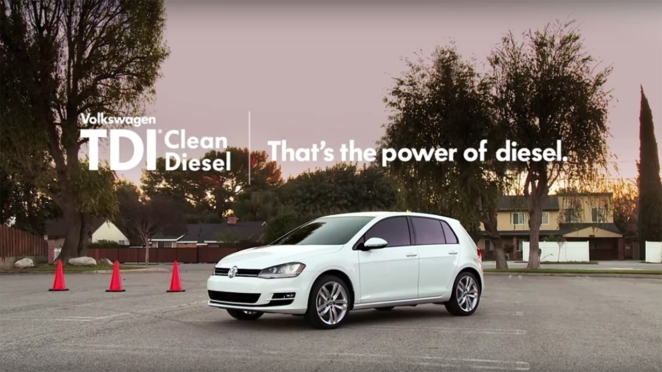
Volkswagen faced major legal and reputational damage after it was revealed that the company had used software to cheat emissions tests, falsely advertising its diesel cars as "clean and eco-friendly." This misinformation not only led to over $10 billion in settlements but also severely tarnished Volkswagen's image, highlighting how deceptive advertising can lead to long-term damage.
Red Bull’s "Gives You Wings" Claim
Red Bull was involved in a class-action lawsuit where consumers argued that the company's slogan, "Red Bull Gives You Wings," was misleading. The case, which Red Bull settled for $13 million, underscores the importance of ensuring that advertising claims are not exaggerated or false, as such claims can erode consumer trust.
Dannon’s Activia Yogurt

Dannon promoted Activia yogurt as "clinically" and "scientifically" proven to boost immunity and regulate digestion. However, these claims were not substantiated by scientific evidence, leading to a $45 million settlement. This case serves as a cautionary tale for brands to ensure that all health-related claims are backed by credible data.
These examples demonstrate that misinformation, whether in the form of exaggerated claims, manipulated statistics, or misleading advertising, can have severe consequences for brands.
Fighting for the Truth
To combat the impact of misinformation, brands are increasingly focusing on enhanced brand safety measures. This includes using advanced verification tools, being more selective about where ads are placed, and maintaining consistent, truthful messaging across all platforms to rebuild and maintain consumer trust.
Generally speaking, however, brands must prioritise transparency, rigorous fact-checking, and consistent messaging to maintain consumer trust and protect their reputations. It’s a fight that’s only going to get tougher in the coming years but it’s one we can win if we continue to question everything and take nothing for granted.

